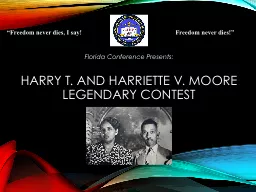PDF-G.E. MOORE: SELECTED WRITINGS THE REFUTATION OFIDEALISMModern Idealism
Author : giovanna-bartolotta | Published Date : 2017-11-24
GE MOORE SELECTED WRITINGSwould be judged equal to or better than our own When we sayit is spiritual we mean to say that it has quite a number ofexcellent qualities
Presentation Embed Code
Download Presentation
Download Presentation The PPT/PDF document "G.E. MOORE: SELECTED WRITINGS THE REFUTA..." is the property of its rightful owner. Permission is granted to download and print the materials on this website for personal, non-commercial use only, and to display it on your personal computer provided you do not modify the materials and that you retain all copyright notices contained in the materials. By downloading content from our website, you accept the terms of this agreement.
G.E. MOORE: SELECTED WRITINGS THE REFUTATION OFIDEALISMModern Idealism: Transcript
Download Rules Of Document
"G.E. MOORE: SELECTED WRITINGS THE REFUTATION OFIDEALISMModern Idealism"The content belongs to its owner. You may download and print it for personal use, without modification, and keep all copyright notices. By downloading, you agree to these terms.
Related Documents














